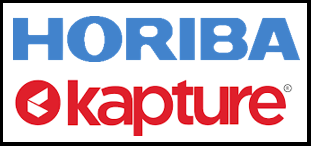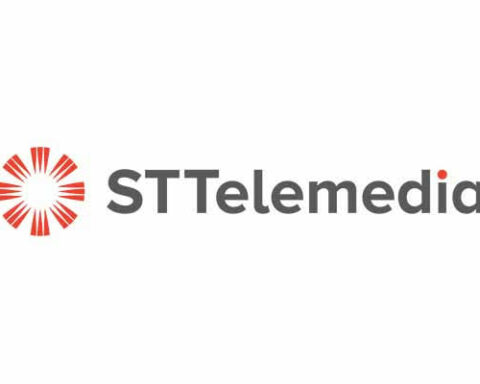Just when the IT is on the growth vortex and is realigning strategies for capacity building, the IT industry faces fresh challenges in the form of labeling requirements, augmented fee structures, standardization of processes and surveillance norms enacted by the BIS. These series of fresh notifications by BIS disrupts manufacturing plans, increases costs and interrupts the global supply chain.
For instance, the new labeling requirements proposed by BIS are unworkable, for case in point, the new labeling requirements are in contrast to global pre-requisites and Indian companies cannot change the entire production line to incorporate the new requirements. BIS is not consulting the Industry prior to issuing new product guidelines. The notice period is not enough to comply with the new guidelines’.
Commenting on the issue, Amar Babu, President, MAIT said “Manufacturers across the world use printed stickers, BIS could have consulted with the industry on best practices rather than asking companies to comply with regulatory framework, Even if the framework is postponed to July, it is impossible to meet such deadlines, If an ISI mark on a water bottle goes well with a label sticker, why does BIS want an IT product embossed.” He also said that any implementation like these require at least 24 weeks but some new rules are very unique to India and there is no global practice which makes it almost impossible for few companies. Some of them may have to stop biz in India if such still rules are enforced without proper industry consultation etc.
Most of the IT products are changing their models so fast that is has become a common practice to use stickers rather than screen printed, embossed or engraved. Most of the products are manufactured in multiple factories and production cycles are constantly shifting. Preparing tooling for ‘embossed or engraved’ in a multiple factory setting would be time consuming and extend timelines drastically. During testing and registering phases, it is impracticable to make ‘embossed or engraved’ in time of production.
Anwar Shirpurwala, Executive Director, MAIT added, “Any new change in product guidelines, internal or external, usually requires 10-12 weeks because changes have to be incorporated in the manufacturing processes and production schedules need to be shifted to embark global supply chains and BIS needs to understand these timelines before levying labeling requirements on companies. Industry will be more than happy to help BIS understand the nuances of such complex processes provided they have prior consultations with us”
According to BIS notification, the font size of letters of statement shall be 12 or 1/4th the size of the brand name; however, the size requirements are impractical, especially for smaller products.
MAIT is seeking urgent intervention of the government in restoring status quo in the labeling requirements, if the BIS wants to still enforce ‘screen printed, embossed or engraved’ it has to consider the following
– Enforce a small logo mark such as the ISI mark and remove size order
– Have a testing done in a overseas testing lab who is accredited for CB test certificates rather than requesting an accredited lab
– Registration number not required with the mark
– Allow initial production period with stickers
– Allow models with numbers smaller than 10,000 units with sticker labeling









